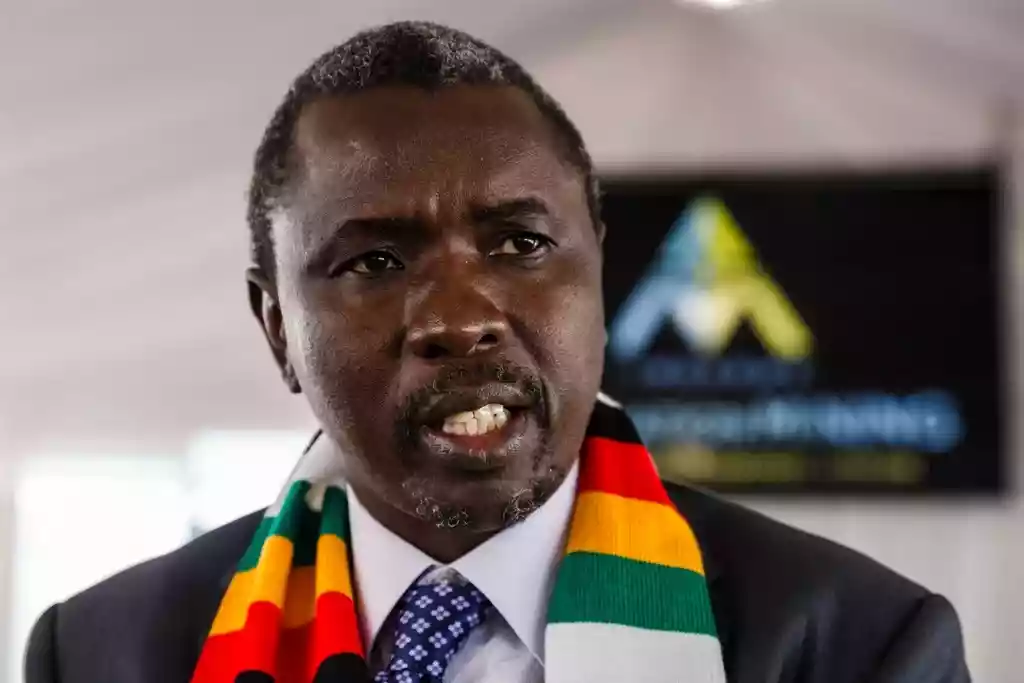
The MDC yesterday said that it would soldier on and use its constitutional right to protest and register its displeasure on the way the country’s economy is being run by President Emmerson Mnangagwa.
By Everson Mushava
Addressing a Press conference in Harare, party spokesperson Daniel Molokele said no matter the debate on the effectiveness of protests as a political tool, the party would use all means, including protests, diplomacy and dialogue to apply pressure on Mnangagwa.
“There can be debate on whether protests will be successful or not. That is a conjecture. We are going to apply pressure and as on how, you wait and see the details,” Molokele said.
He was addressing the media to mark a year after the August 1 protests against the delay in the release of presidential results that claimed seven lives at the hands of the military.
The MDC will attend prayers in Highfield today to mark the occasion .
The opposition party has refused to recognise Mnangagwa’s victory, a position they said they still uphold, adding that the country’s economic problems were a result of the legitimacy crisis the country was experiencing.
Nelson Chamisa, the MDC leader, this week called for seven days of prayer before “decisive steps”.
- Chamisa under fire over US$120K donation
- Mavhunga puts DeMbare into Chibuku quarterfinals
- Pension funds bet on Cabora Bassa oilfields
- Councils defy govt fire tender directive
Keep Reading
The Zanu PF government has, however, warned of grave consequences of protesting.
“We are going to use our constitutional rights to protests. We are going ahead and, at the moment, we are finalising on the details of our programme. People claim that we are divided on protests. Let me reiterate that we are not divided,” Molokele said.
“We are a party guided by a decision made at congress and party of the resolutions was to apply pressure to force Zanu PF to inclusive dialogue that will result in a transitional government.”
The MDC said it was scoring a diplomatic breakthrough and the next action would be dialogue, followed by a transitional authority which they say will implement electoral reforms, leading to free and fair polls.
Molokele also chided the ongoing anti-corruption crusade led by the Zimbabwe Anti-Corruption Commission (Zacc), describing it as an internal Zanu PF exercise meant to settle factional wars. He said his party would welcome corruption probe led by an independent commission, not Zacc, which Molokele said was compromised due to its composition.











